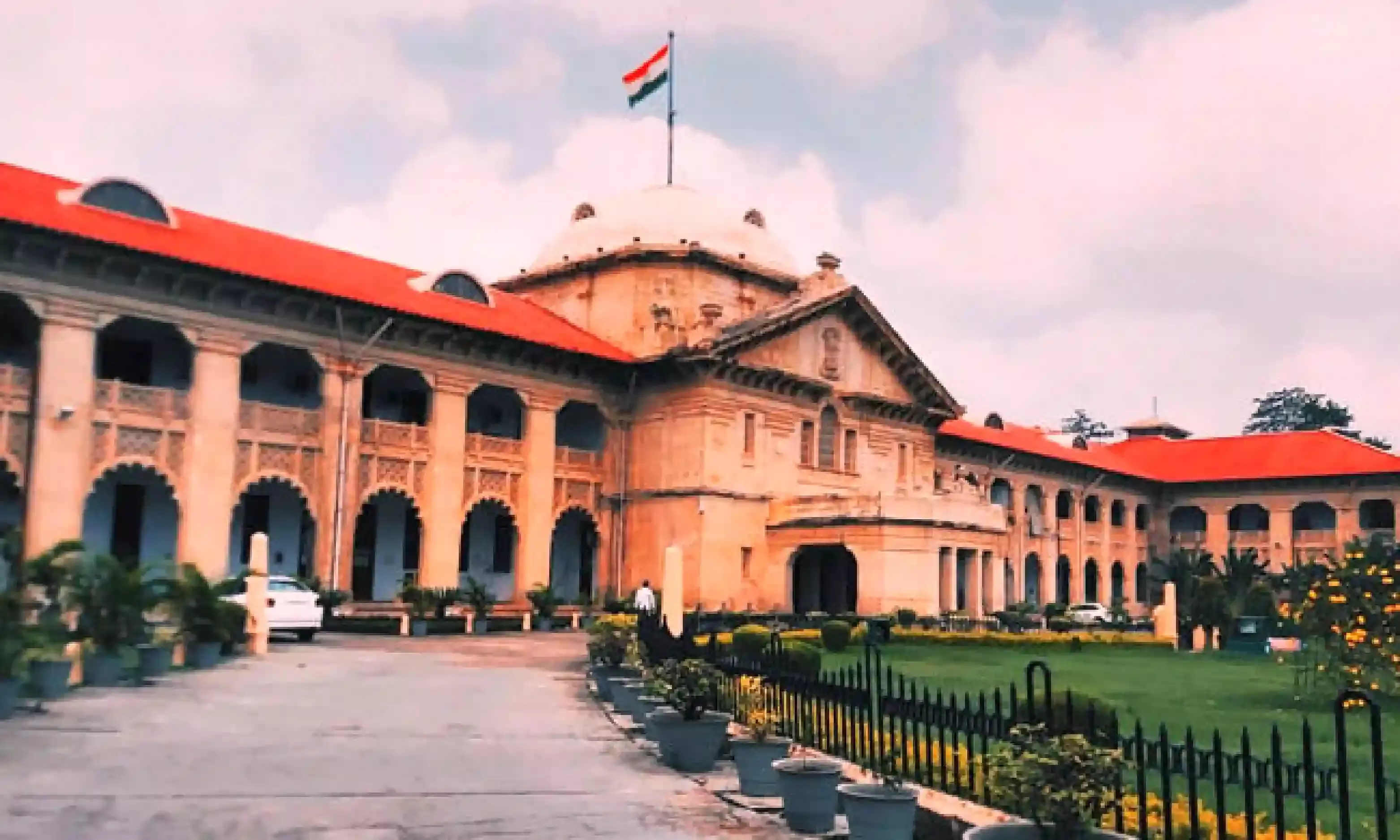Prosecution Failed To Prove The Case Beyond Reasonable Doubt: Allahabad HC Acquits Accused In 44-Year-Old Murder Case
The Allahabad High Court has acquitted accused in a 44-year-old criminal case observing that the prosecution failed to prove the case beyond reasonable doubt.
The Division Bench of Justice Siddhartha Varma and Justice Vinod Diwakar after considering the evidence in its entirety, said, “Thus, we are of the view that when the prosecution had not been able to prove its case beyond reasonable doubt the conviction of the appellants would be an unsafe proposition. We are of the view that when a doubt has been created in the minds of the Court upon consideration of the entire evidence, the appeal should be allowed and the appellants had to be acquitted… Ultimately, we are of the view that the prosecution has definitely failed to prove the case which was taken by it beyond reasonable doubt.”
Advocate D.N. Wali appeared for the Appellants whereas Advocate N.K.Verma appeared for the Respondent.
According to the prosecution, a missing person's report for Ajay Kumar was filed on 8 January 1980, at a Muzaffarnagar police station, as he had not returned home since January 6, 1980. During the investigation, Rajesh Kumar was arrested and allegedly led the police to a room where Ajay Kumar's body and the clothes wrapping it were found. The body was discovered in a room belonging to the 2nd Appellant, Ombir, based on Rajesh Kumar's information. Another suspect, Rajguru, was also arrested, and the deceased's clothes were found in his rented room.
The Appellants herein, in 1980, were found guilty by the Sessions Court under Sections 302 and 34 and Section 201 of the Indian Penal Code, 1860 and were punished with life imprisonment and to undergo seven years of rigorous imprisonment. Aggrieved by the judgment, the Criminal Appeal was filed.
The Court said, “We thus are definitely of the view that the recovery as was made under Section 27 of the Evidence Act was of no value whatsoever. Still further, we are of the view that the evidence of the witnesses who had last seen the accused was not reliable. The evidence had definitely to be of such a nature which was in proximity to the time of the offence… The time at which the deceased was seen could not be said was in the proximity of the time when the murder had actually taken place. One can easily see that one set of witnesses had seen the deceased on 7.1.1980 in the morning while the other set of witnesses had seen the deceased in the company of the accused in the evening and thus the evidence of having seen the deceased last with the accused loses its importance. We are also of the view that evidence of the Investigating Officer was not above board.”
The Court said that the recovery under Section 27 of the Evidence Act was not as per the law which has been laid down by the Supreme Court in the cases of Shahaja@ Shahajan Ismail Mohd. Shaikh vs. State of Maharashtra(2022), Ramanand @ Nandlal Bharti vs. State of Uttar Pradesh (2022) and Subramanya vs. State of Karnataka (2022).
Accordingly, the Court allowed the criminal appeal and acquitted the Accused persons of the charges.
Cause Title: Rajesh and Ors. v. State (Neutral Citation: 2024:AHC:99856-DB)
Appearances:
Appellants: Senior Advocate Brijesh Sahai, Advocates D.N. Wali, Bhavya Sahai, D.Singhal, N.N. Wali, Neeraj Tomar, Om Singh Tomar, P.S. Pundir, Patanjali Mishra, R.N. Sharma and Sunil Vashistha.
Respondent: AGA Amit Sinha, Advocates Mayuri Mehrotra, N.K.Verma, Keshav Sahai, Rishi Chadha.




